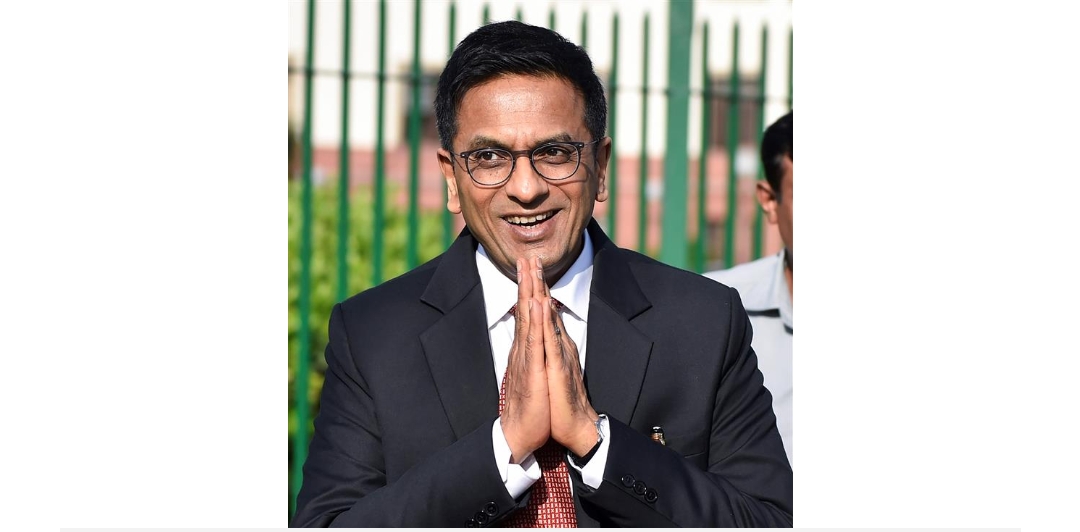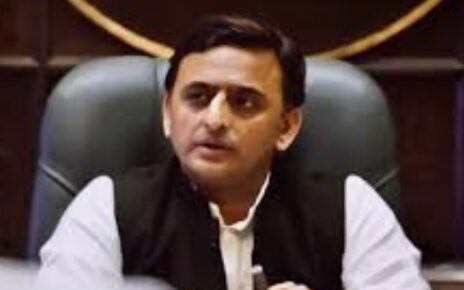Chief Justice of India UU Lalit on Tuesday set in motion the process of appointment of his successor by recommending to the Centre the name of senior-most Supreme Court judge Justice Dhananjaya Y Chandrachud.The CJI handed over the copy of his letter of recommendation to Justice Chandrachud, who is set to become the 50th Chief Justice of India on November 9.
Elevated as a judge of the Supreme Court on May 13, 2016, Justice Chandrachud is the son of the longest serving CJI Y V Chandrachud who was the head of the judiciary from February 22, 1978 to July 11, 1985.On October 7, the government had sent a letter to CJI Lalit, who is set to retire on November 8, to recommend his successor.
Justice Chandrachud would have a tenure of two years as the CJI and is due to retire on November 10, 2024.Supreme Court judges retire at the age of 65.According to the Memorandum of Procedure (MoP), which governs the process of appointment of judges in the higher judiciary, the outgoing CJI initiates the process of naming the successor after getting a communication from the Law ministry.The MoP says the senior-most judge of the apex court is considered fit to hold the office of the CJI and the views of the outgoing head of the judiciary have to be sought “at an appropriate time”.The MoP, however, does not specify the time limit for the initiation of the process of recommending the name of the successor CJI.
Justice Chandrachud earlier served as the Chief Justice of the Allahabad High Court from October 31, 2013.He was judge of the Bombay High Court from March 29, 2000 until his appointment as the Chief Justice of the Allahabad High Court.Justice Chandrachud was designated as a senior advocate by the Bombay High Court in June 1998 and became Additional Solicitor General in the same year till his appointment as a judge.After completing BA with Honours in Economics from St Stephen’s College, New Delhi, Justice Chandrachud did his LLB from Campus Law Centre, Delhi University, and obtained LLM degree and a Doctorate in Juridical Sciences (SJD) from Harvard Law School, USA.He practised law at the Supreme Court and the Bombay High Court and was a visiting professor of comparative Constitutional law at the University of Mumbai.




